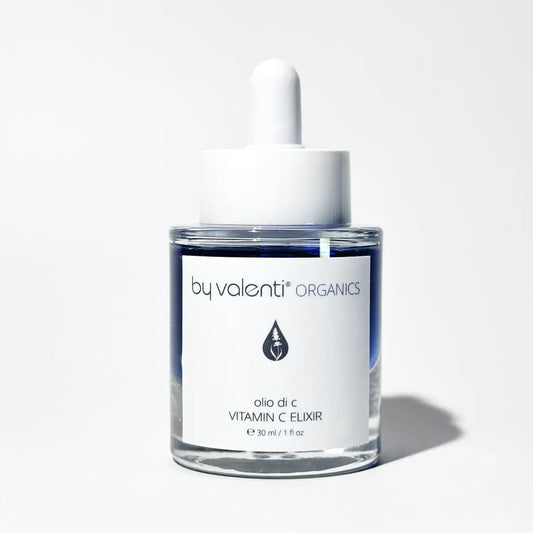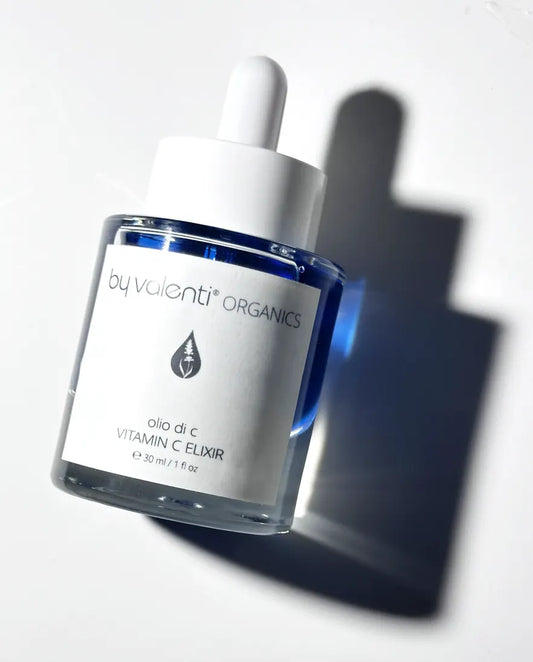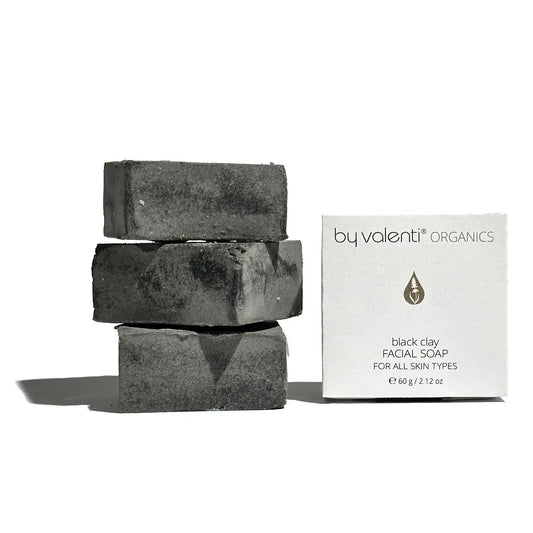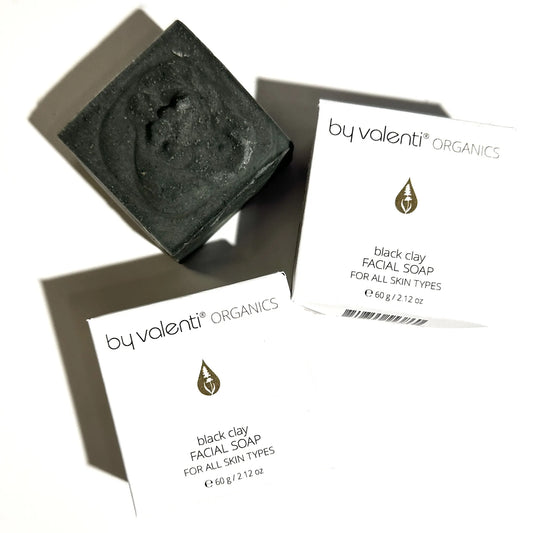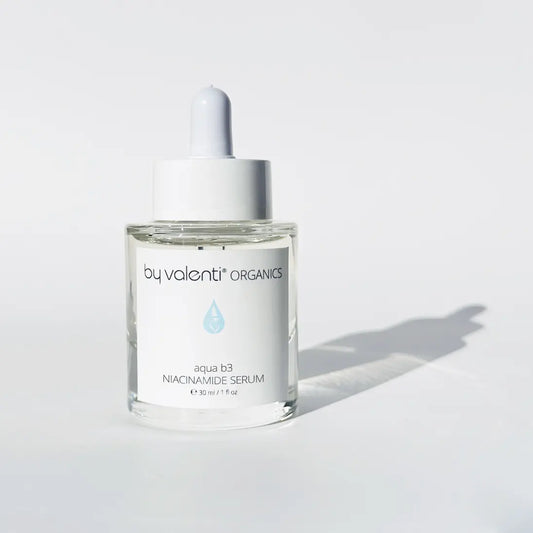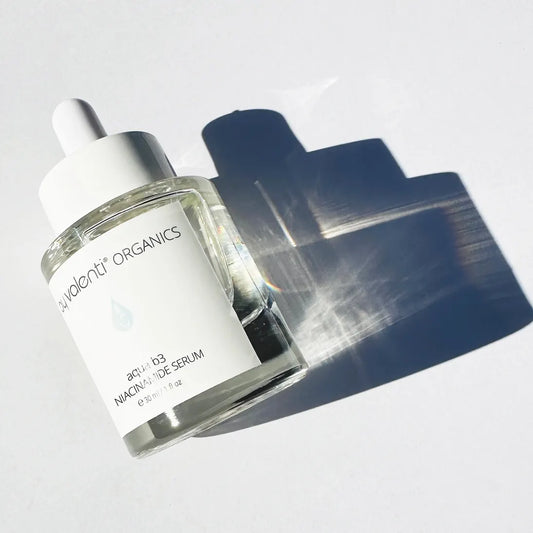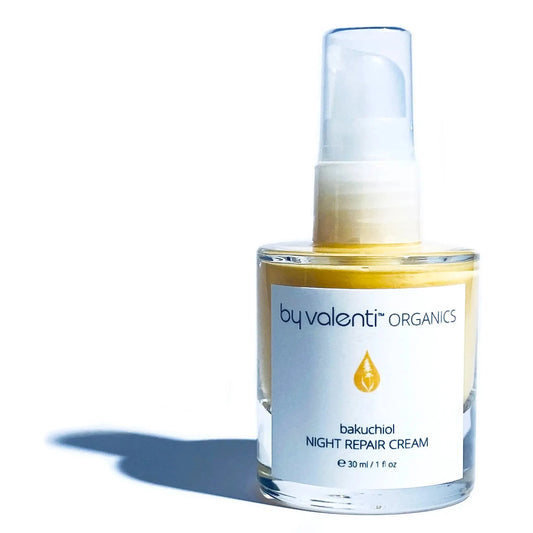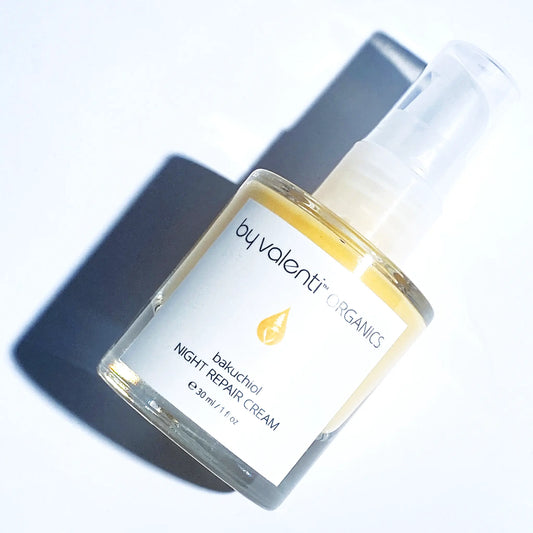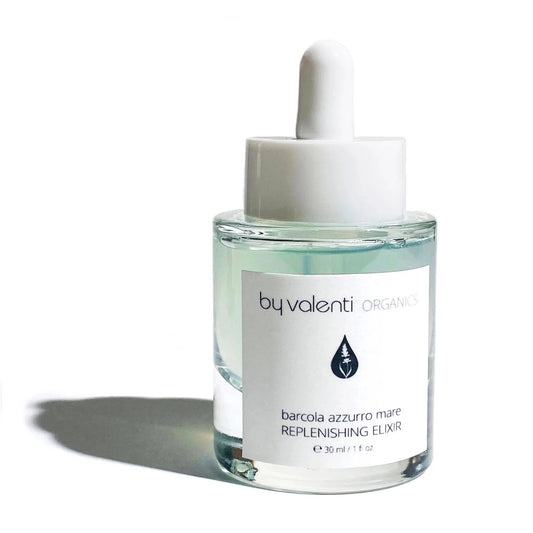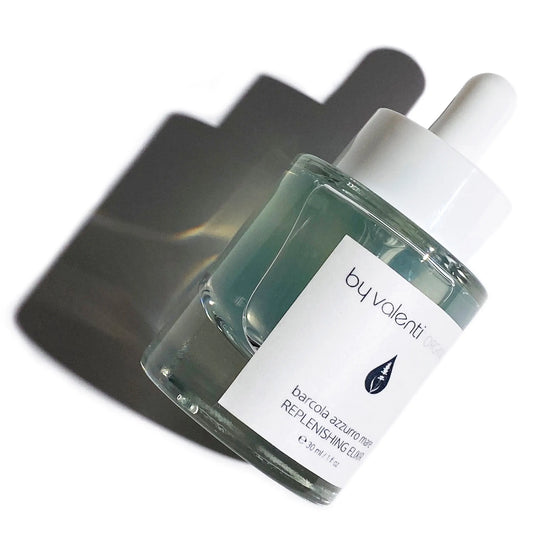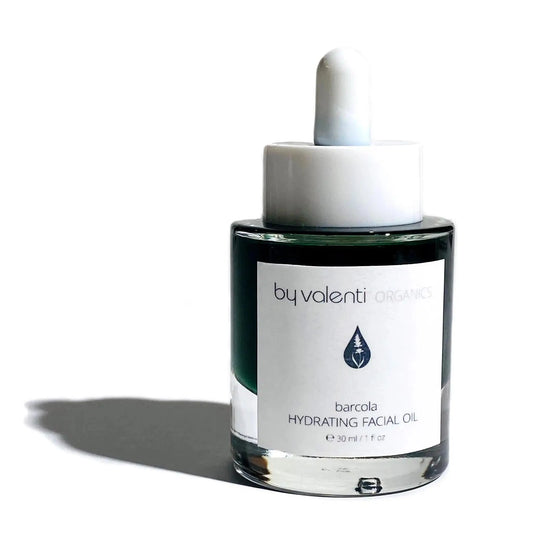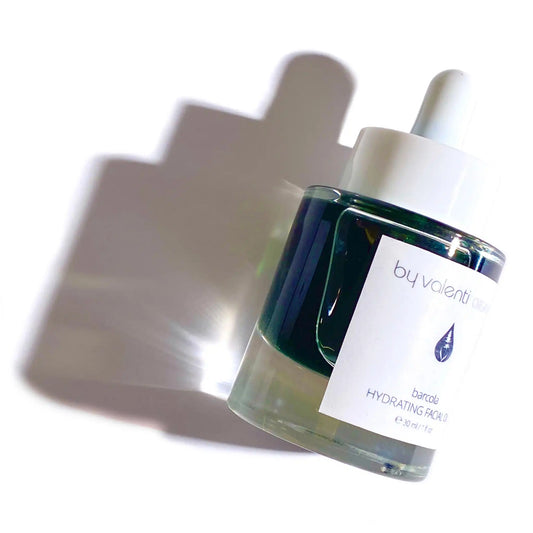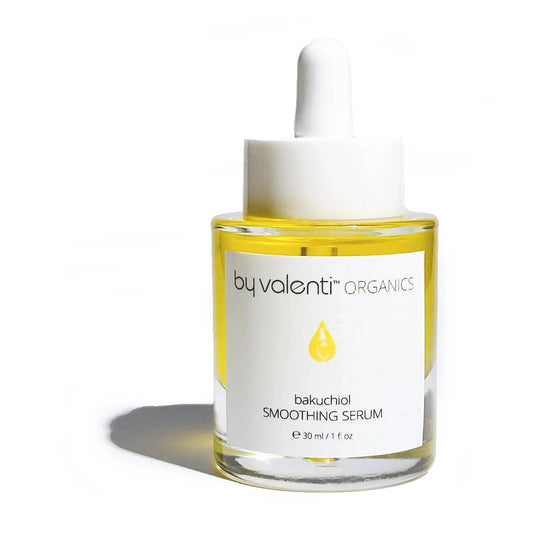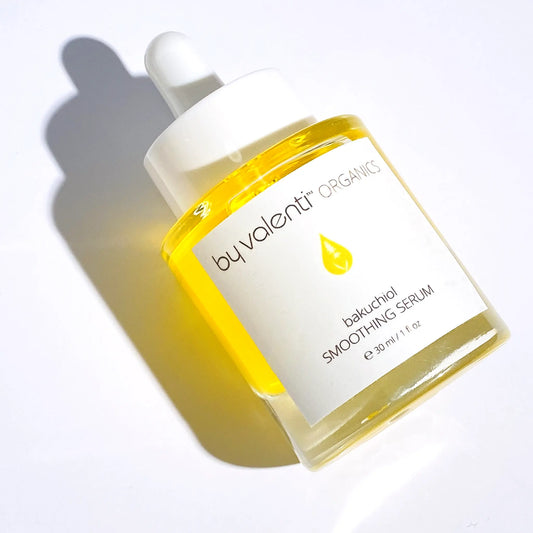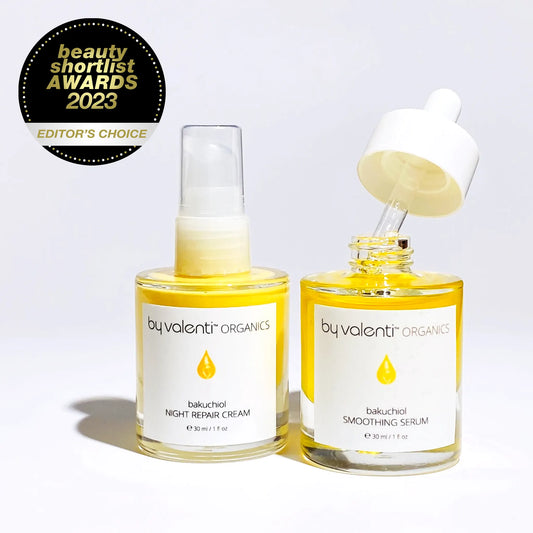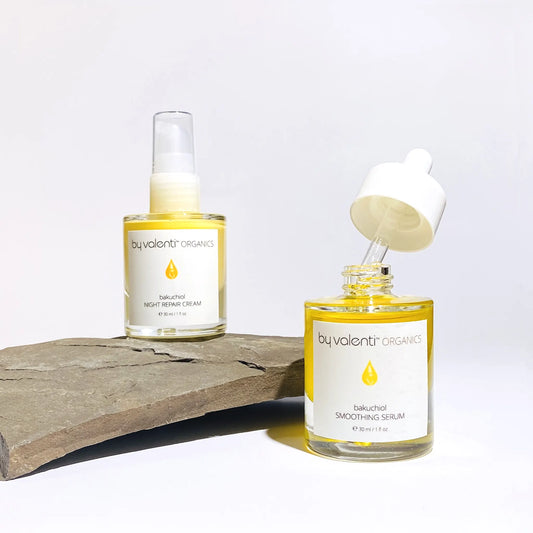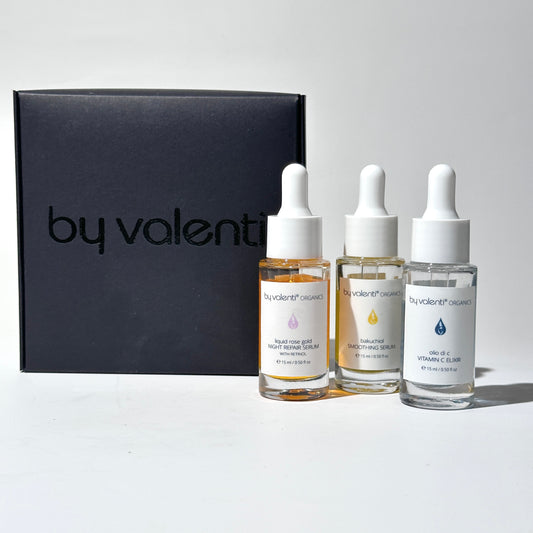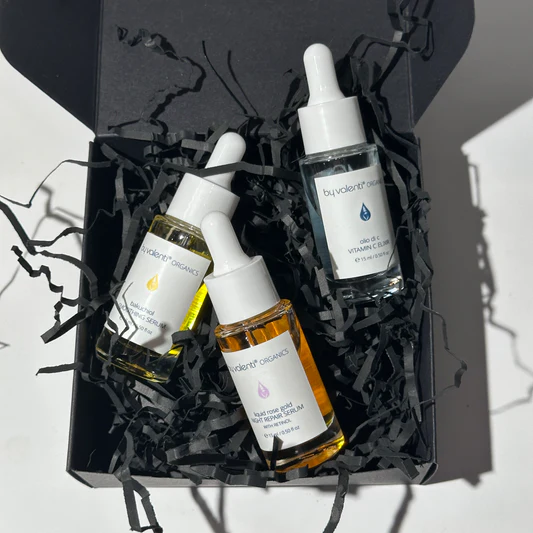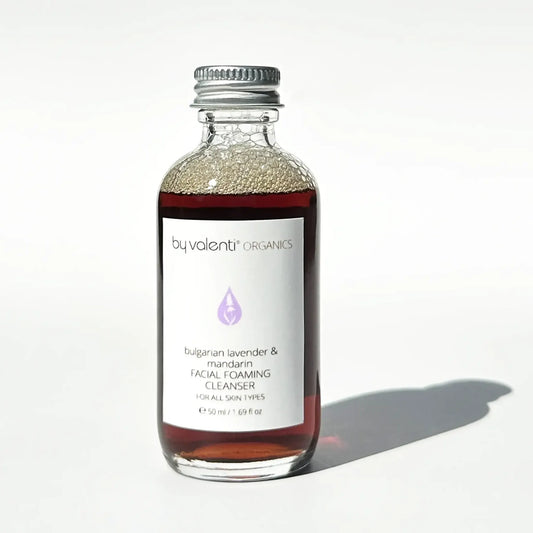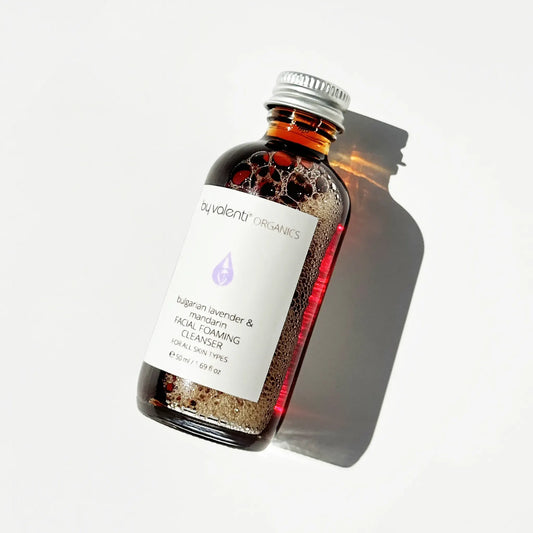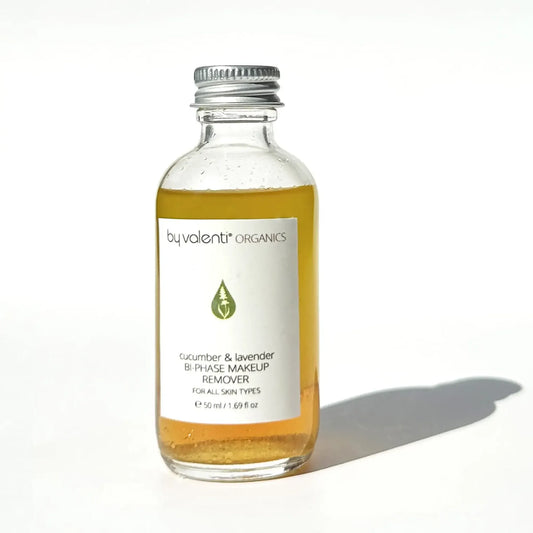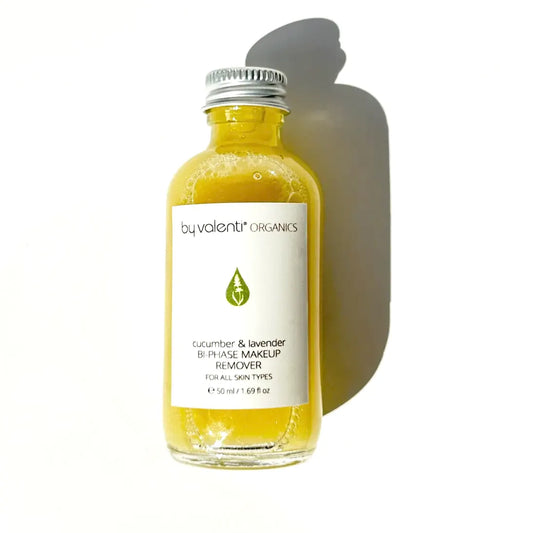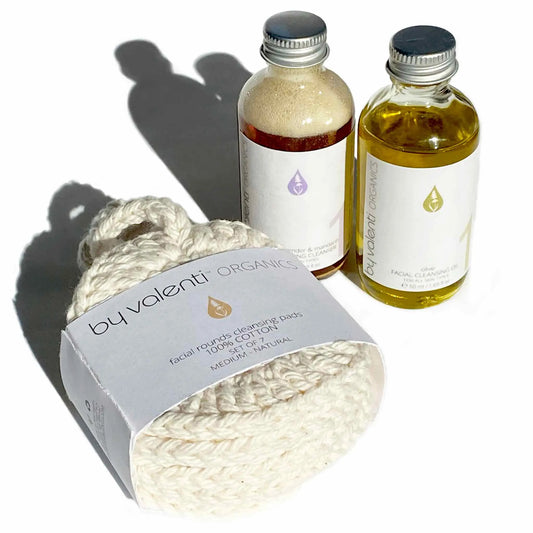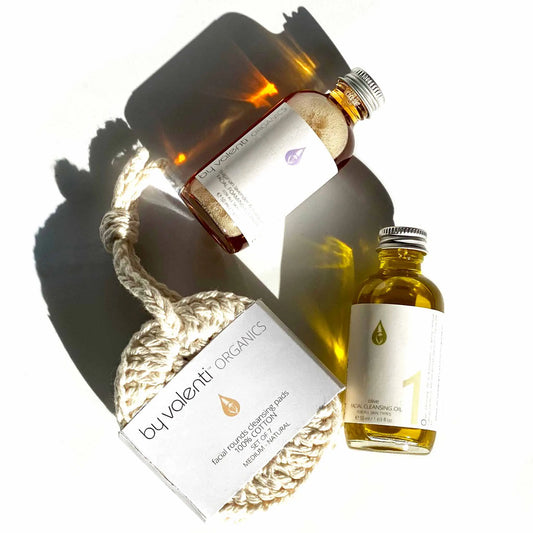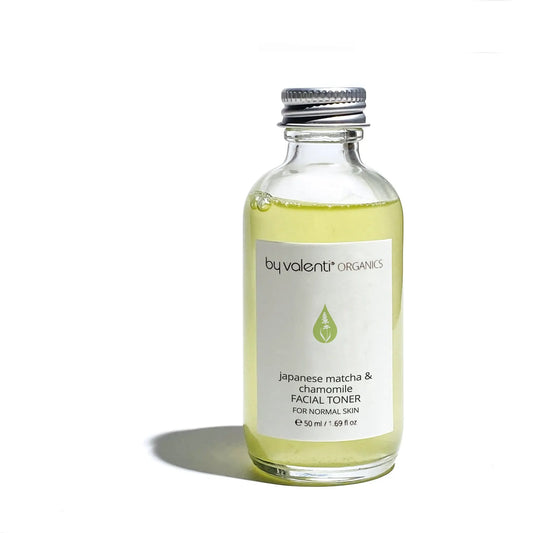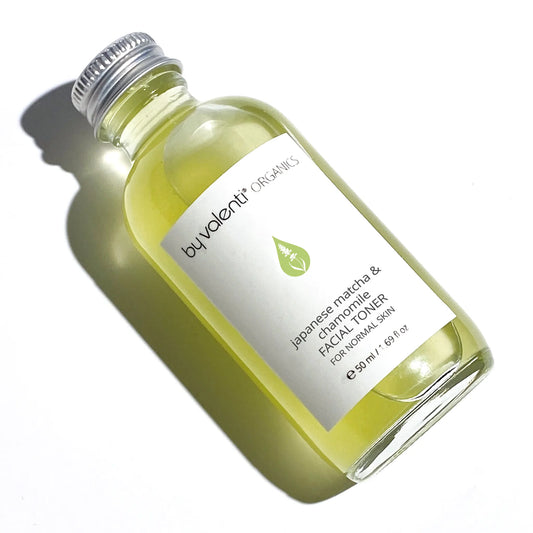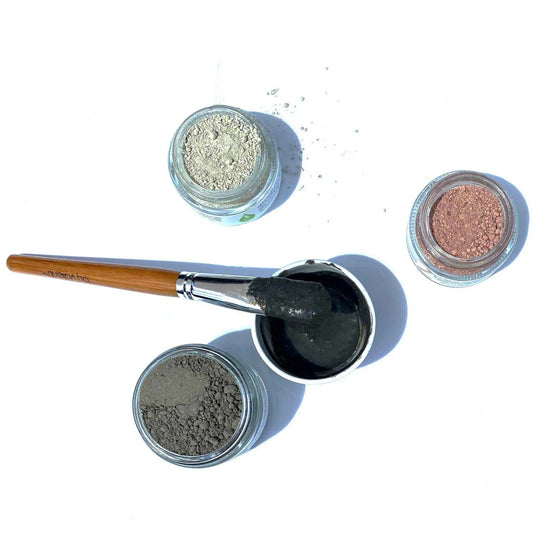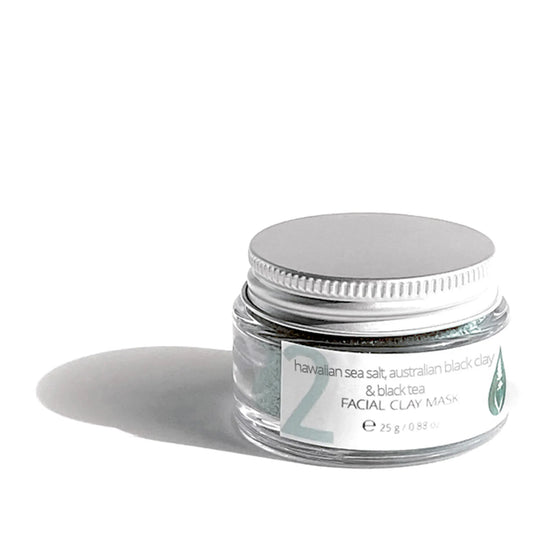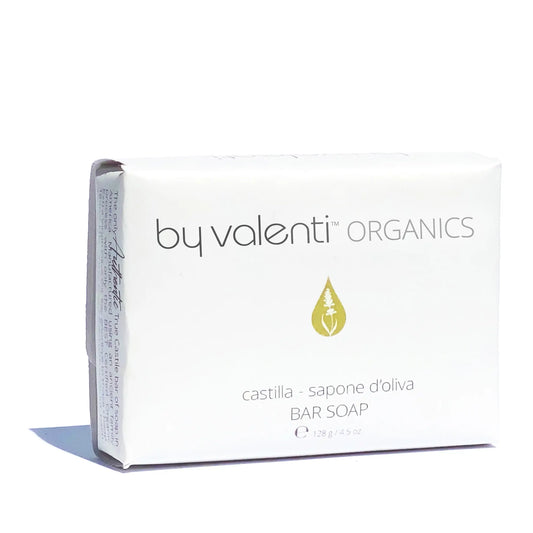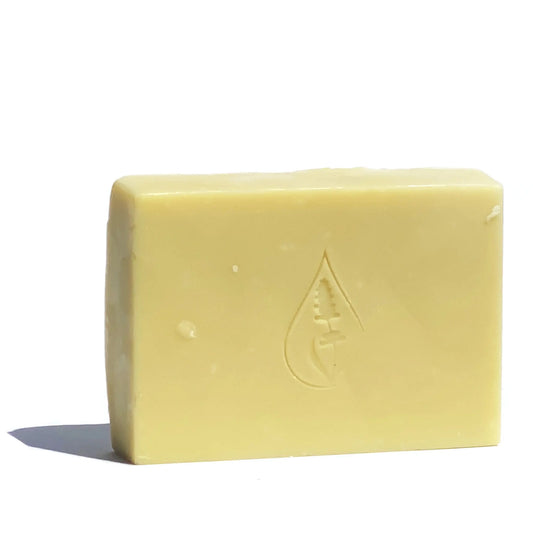By Valenti Organics won't renew its USDA organic certification
Manuela ValentiShare
Despite the almost 2 years incredibly and unnecessarily complicated, costly, faulty and bureaucratic process, in March of 2014, 5 of our products received the USDA Organic Certification. We thought Certified Organic meant something positive, and it is for food, but for cosmetics we believe is just one more costly pretty seal that brings no assurance a product is actually safe.
The USDA Organic Certification has no meaning for cosmetics
The USDA Organic Seal offers cosmetic consumers the idea the products they're purchasing are free from contaminants. Through a set of relatively strict regulations, a product becomes certified organic if and only if the count of organic ingredients matches the requirements or standards for either Made with Organic (product must contain no less than 70% of organic ingredients), Organic (product must contain no less than 95% of organic ingredients) or 100% Organic (product must contain no less than 100% of organic ingredients). These standards look great, but were conceived and are designed for food production, not for cosmetics. When it comes to cosmetics the illusion a product is safe because it displays the USDA Organic seal in particular on water-based cosmetics quite often goes out the window.
The USDA NOP does not regulate nor controls the cosmetic industry in any way.
When it comes to cosmetics, the USDA NOP does not control, certifies or verifies a product is safe or free of contaminants, just that the count of organic ingredients matches their standards, and that production regulations, which were not conceived for cosmetics but food production, are met. (1)
Only by going through the certification process we were able to realize this seal isn't what we thought it would be, nor brings consumers peace of mind in our self-regulated cosmetics industry.
Manufacturers of cosmetics, must comply with safety regulations and guidelines established by the FDA, at least in theory, as the FDA does not regulate nor certifies any cosmetic manufacturer either. The FDA assumes every brand and formulator is complying with these guidelines and only would inspect facilities that have registered for the FDA's Voluntary Cosmetics Registration Program on a case by case basis. (2, 3)
Cosmetic products must be manufactured following a set of standards and those containing water, or water-based ingredients also known as water-based cosmetics -- lotions, creams, shampoos, etc. -- must contain proper preservation systems (preservatives) to impede pathogens (bacteria and mold) from growing in them for relatively long periods of times even after opened (3, 6 or 9 months). Cosmetics products that do not contain preservatives and grow pathogens are deemed as "containing filth" by the FDA. Most of the preservatives regularly used in cosmetics, are not authorized to be used on products seeking USDA organic certification. So any cosmetics formulator wanting to achieve organic certification for their water-based formulas, more times than not, must leave out important preservatives, inevitably putting consumer's well being at risk, violating FDA regulations in the process. (4)
There is a big difference between producing food and formulating cosmetics. Although apparently the same thing, producing food requires less preservatives than formulating cosmetics. For example, an eye lotion manufactured without preservatives yet meeting the USDA NOP Organic or 100% Organic standard, will grow bacteria and mold within a very short period of time after being formulated, contaminating the product and putting the well being of consumers at high risk for eye infections and even blindness. On the other hand a jar of certified organic food (pick any food) can be safely preserved vacuum sealed with little preservatives, stored in the refrigerator after opened for 1 week without posing any risk to consumers.
Not all Certified Organic cosmetics are created equal
USDA Certified Organic cosmetics imply a standard of purity, that can only as it is right now, be achieved on oil based products where preservatives aren't required. If they perform as intended or are safe is of no concern to the USDA. That responsibility relies entirely in the hands of the cosmetic formulator and it's assumed such formulator is manufacturing in compliance with FDA guidelines at all times.
Even though By Valenti's 5 certified organic products comply with both USDA and FDA guidelines, are safe and perform as intended, and because of the number of flaws in the USDA Organic production standards when it comes to cosmetics, we believe the organic certification as it stands at the moment, isn't for cosmetics or for us, and we have decided not to renew it.
By Valenti Organics will continue pushing for innovation and high standards
Parting away from the USDA Organic Seal in reality means nothing for us here at BVO. Our goals, manufacturing ethics and core values haven't changed. We will continue using organically grown ingredients as much as possible, we will continue keeping dubious ingredients out, and we will continue pushing for innovation when it comes to cosmetics.




